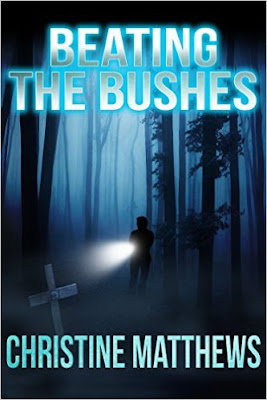Vincent Lloyd is broken. His six-year old daughter
disappeared a few years earlier, and he was the prime suspect. He was suspected
by the police and hounded by the media. When a teenage boy named Steven Kracher
disappears from the small town of Kimmswick, Missouri, Vincent sees his
participation in the search as an atonement for his inability to protect his
daughter.
The search is fruitless, and the media, recognizing
Vincent, takes a few punches before turning its attention to Steven’s father,
Baylor. Vincent and Baylor bond and as the years pass help each other heal, but
Baylor, against all reason, is convinced his son is alive. A conviction that
turns to hope, but leads to dark conspiracy.
Beating
the Bushes is smoothly told with multiple perspectives—some in
first and others in third—in an unrushed style. Its storyline is provocative in
its depiction of the relationship between the media, ratings based television
news sensationalism, and those left behind after the disappearance of a child.
The initial sympathy turning quickly to insinuation and ultimately accusation.
The characters are complicated and believable, and the relationship between
Vincent and Baylor has a subtle depth.
The plot develops unexpectedly. It twists away from
the expected in interesting and satisfying ways. It is less mystery and more
thriller with a stylish grittiness—
“Rain,
heat and claustrophobic humidity. While my feet swell, my boots shrink, and as
much as I want to put on the dark glasses in my pocket when the migraines come,
I don’t for fear of missing something. Something important.”
It viscerally depicts the sadness if losing a child, and preys on the fear of a parent. The possibility. The horror. Beating the Bushes is my first experience with the work of Christine Matthews, but it will definitely not be the last.
This review originally went live at Ed Gorman’s blog on November 8, 2015.


2 comments:
Ben, I have read couple of mystery novels about the disappearnce or abduction of a young boy and girl, and I'll say I'm not entirely comfortable with the theme involving children. The plight of even fictional parents in these stories bothers me. I think authors handle the subject with sympathy and sensitivity.
Prashant, I have to admit I often avoid plots that involve children in a realistic manner since I had a child. It cuts a little too close, now.
Ben
Post a Comment